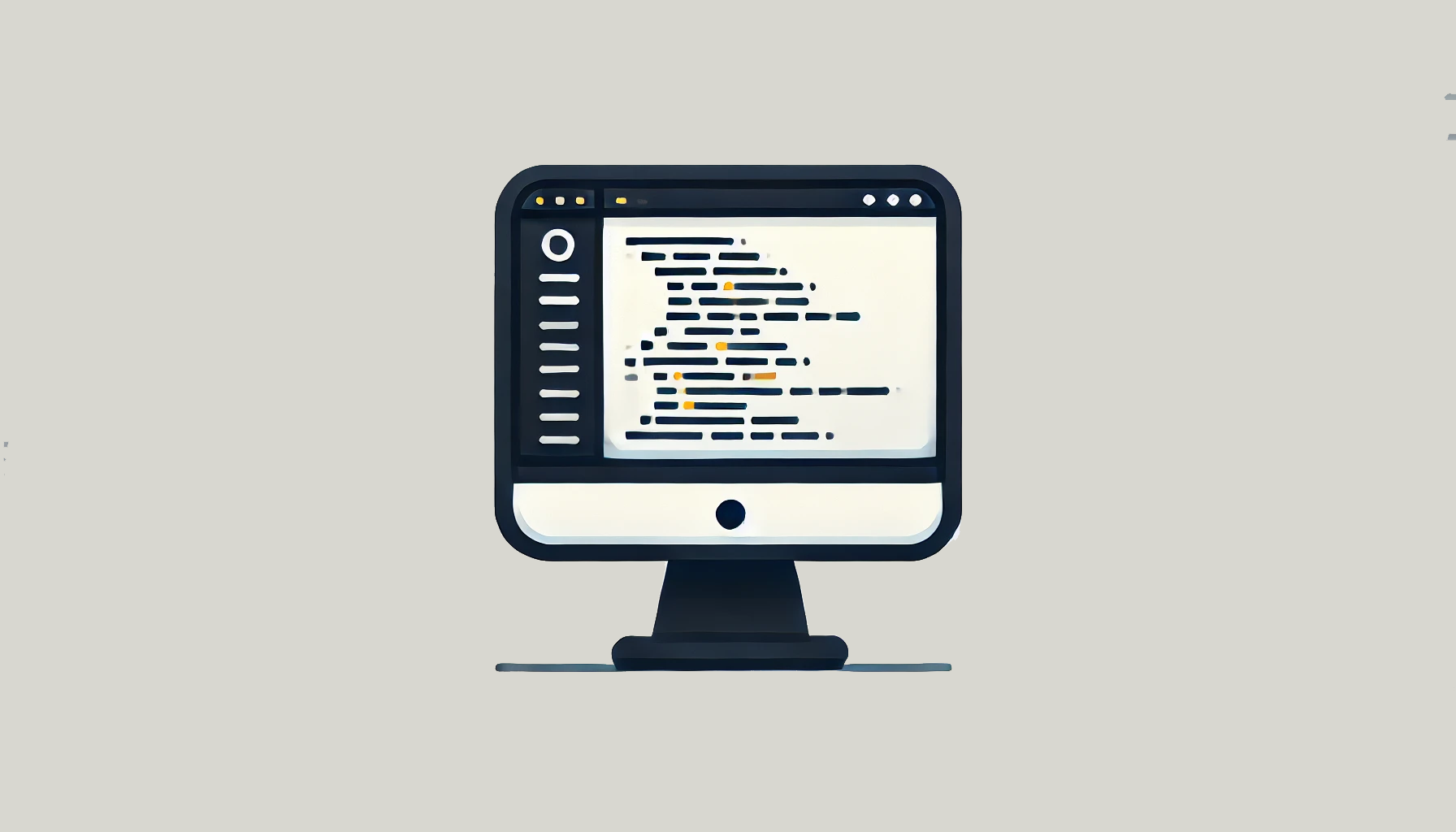History of Programming Languages
Exploring the origins and evolution of the programming languages

Modern software development relies on advanced languages, but it all began with humble beginnings decades ago.
Assembly Language and Machine Code
The first generation of programming languages was intimately tied to hardware, with no abstraction from the machine's core processes. Programs were written in machine code, directly manipulating binary data. To achieve this, they used cards and punched holes in them. These punched cards served as both input and storage, with each hole representing a specific binary instruction. Operators would feed the cards into readers, which translated the patterns of holes into machine commands. The process was cumbersome and prone to errors, as a single misplaced hole could cause the entire program to malfunction.

|

|
Run Code from Your Browser - No Installation Required

The First High-Level Programming Language
FORTRAN (FORmula TRANslation), developed in the 1950s by IBM, is widely regarded as the first high-level programming language. It introduced more accessible syntax, focusing on scientific and mathematical computations.
Key Features of FORTRAN
- Allowed the use of loops, variables, and conditionals, abstracting away hardware operations.
- Specialized in numeric computation and large-scale engineering applications.
PROGRAM CALCULATE
INTEGER A, B, SUM
A = 10
B = 20
SUM = A + B
PRINT *, 'The sum is', SUM
END
The Legacy of Early Programming Languages
The earliest programming languages were more than just a means to control computers—they sparked a revolution in how we interact with machines. Despite their limitations, these languages inspired the development of modern tools and paradigms.
| Primary Use | Notable Contribution | |
|---|---|---|
| FORTRAN | Scientific computation | Introduced high-level abstractions |
| COBOL | Business processing | Enabled large-scale business systems |
| LISP | AI research | Laid the groundwork for AI systems |
While newer languages like Python, JavaScript, and C++ dominate today, many of the foundational principles—like loops, variables, and conditional logic—trace back to these trailblazers.
Why Learning About the Oldest Languages Matters
Understanding the roots of programming languages provides valuable insights into:
- Design evolution: How languages shifted from low-level hardware control to high-level abstraction.
- Problem-solving approaches: Early languages tackled domain-specific problems (e.g., scientific vs. business).
- Legacy systems: Many organizations still rely on languages like COBOL, emphasizing the importance of knowing about them.
Learning about early languages fosters an appreciation for modern tools and demonstrates the continuity in programming principles over the years.
Start Learning Coding today and boost your Career Potential

Conclusion
The story of programming languages begins with machine code and FORTRAN, followed by business-oriented tools like COBOL and the AI-focused LISP. Each of these early languages was crafted to solve unique challenges of its time and continues to influence modern-day software development. By delving into the history of programming, we can better appreciate the sophistication and flexibility of today’s coding environments.
FAQs
Q: Which programming language is considered the first?
A: FORTRAN is often considered the first high-level language, but programming in machine code predates it.
Q: Is COBOL still used today?
A: Yes, many financial institutions and government agencies still rely on COBOL for their critical systems.
Q: What is the significance of LISP in programming history?
A: LISP was instrumental in the development of AI and introduced important concepts like recursion and symbolic computation.
Q: Why is it important to learn about early programming languages?
A: Understanding the evolution of languages helps programmers appreciate current tools and recognize long-lasting programming principles.
Q: Can I still learn and use these old languages today?
A: Yes! Many universities teach them as part of computer science history, and some industries still require knowledge of languages like COBOL.
Top 25 C# Interview Questions and Answers
Master the Essentials and Ace Your C# Interview
by Ihor Gudzyk
C++ Developer
Nov, 2024・17 min read

AI as a Colleague
How Collaborative Systems Are Reshaping Work Teams in 2026
by Daniil Lypenets
Full Stack Developer
Feb, 2026・7 min read

8 In-Demand Skills to Earn Big in 2025
Skills to stay ahead
by Anastasiia Tsurkan
Backend Developer
Dec, 2024・23 min read

Content of this article